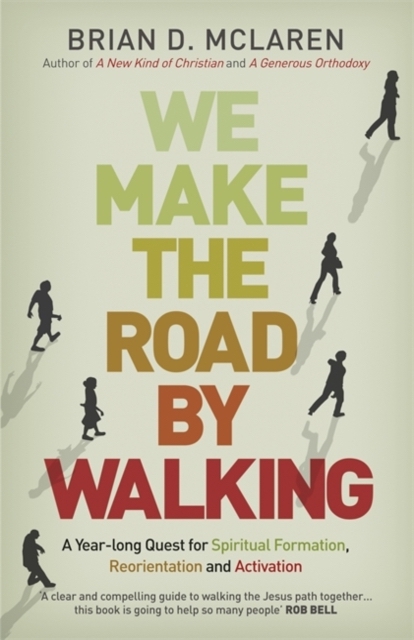

This lacuna itself suggests the continuing ideological dissimulation of imperialism today" (Young 158). More specifically, Freire's work is often appropriated and taught "without any consideration of imperialism and its cultural representation. What has been increasingly lost in the North American and Western appropriation of Freire's work is the profound and radical nature of its theory and practice as an anti-colonial and postcolonial discourse. Of course, the requisite descriptions generally invoke terms like "politically charged," "problem-posing," or the mandatory "education for critical consciousness" and often contradict the use of Freire's work as a revolutionary pedagogical practice.1 But in such a context, these are terms that speak less to a political project constructed amidst concrete struggles than they do to the insipid and dreary demands for pedagogical recipes dressed up in the jargon of abstracted progressive labels. As Freire's work has passed from the origins of its production in Brazil, through Latin America and Africa to the hybrid borderlands of North America, it has been frequently appropriated by academics, adult educators, and others who inhabit the ideology of the West in ways that often reduce it to a pedagogical technique or method. Increasingly, Freire's work has become the standard reference for engaging in what is often referred to as teaching for critical thinking, dialogical pedagogy, or critical literacy.

In some quarters his name has become synonymous with the very concept and practice of critical pedagogy. The work of Paulo Freire continues to exercise a strong influence on a variety of liberal and radical educators. My caution is against a form of theoretical tourism on the part of the first world critic, where the margin becomes a linguistic or critical vacation, a new poetics of the exotic.

Yet we have different privileges and different compensations for our positions in the field of power relations.

Paulo Freire and the Politics of Postcolonialism


 0 kommentar(er)
0 kommentar(er)
